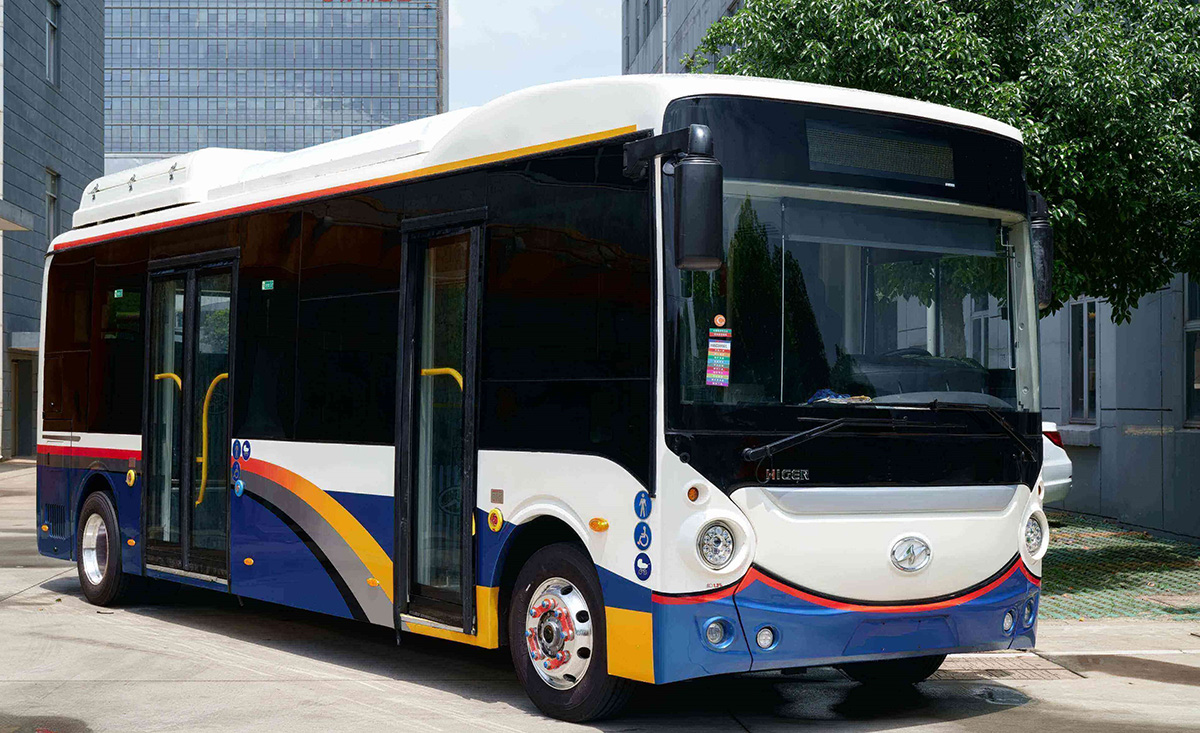The Global Electric Bus Market Report 2021 expects electric buses’ market share to grow significantly by 2030. Battery buses will lead fuel cell ones. Lower overall ownership cost compared to diesel buses, and the push to develop charging infrastructure, will turn electric buses into a profitable option between 2024 and 2026.
The European Union Clean Vehicle directive will boost electric bus adoption as part of national public transport procurement. Battery electric buses should grow strongly from 2022 to 2025. Joint Initiative for Hydrogen Vehicles across Europe (JIVE) projects encourage fuel cell bus adoption. The entry of major utility and energy companies into electric charging infrastructure will greatly improve this aspect.
A programme called Zero-Emission Bus Rapid-Deployment Accelerator (ZEBRA) should drive electric bus adoption in Latin America. Initial foci are Medellin, Sao Paulo, and Mexico City. Major countries are developing electromobility strategies promoting zero emission public transport buses. Chinese OEMs have established local production bases. Electric bus imports should grow by 28.4 percent from 2020 to 2030.
In China, battery electric buses will grow moderately from 2022 to 2025 as subsidies and purchase incentives fall. China’s revised subsidy programme has stricter range and energy efficiency criteria. Cheaper batteries and better charging infrastructure should see continued intensive electric bus adoption by 2030. Chinese electric bus OEMs are rapidly expanding globally, both exporting and establishing local manufacturing and assembly.
The increasing need to cut emissions, especially in large cities, will necessitate more electric public transport buses. Growing battery capacity and intensive charging infrastructure development should also boost electric coaches, though stiff competition from diesel and natural gas will continue there.
Source: Research and Markets
Chariot Motors Company is a part of global electric bus market and contributes to the transition towards green public transportation, offering fully electric zero emission non-polluting e-buses. The offered electric buses fit operator need in two major categories fast charging UC e-buses and slow charging battery e-buses.





